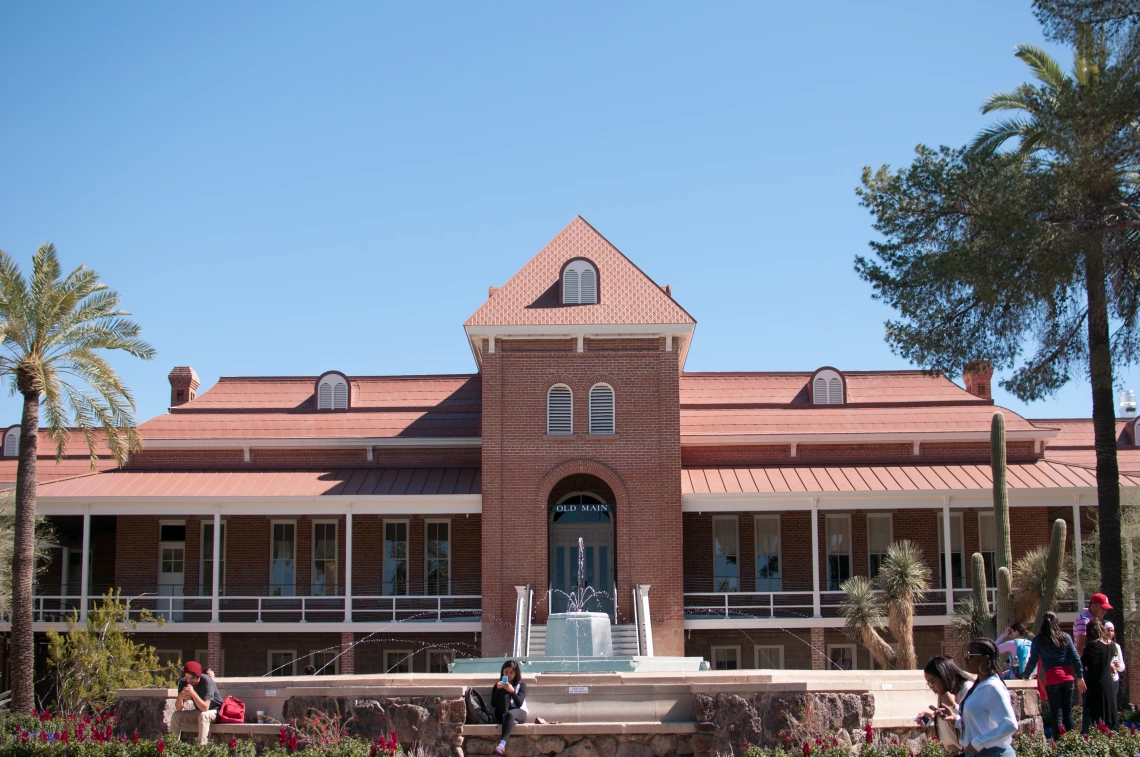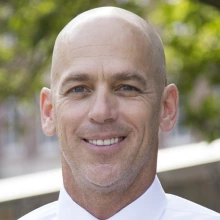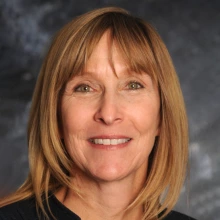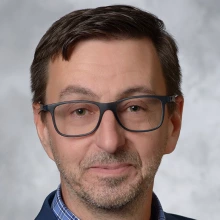CALES Welcomes New Academic Directors

With a diverse range of experience and expertise, three new directors recently appointed to the College of Agriculture, Life and Environmental Sciences will help advance the college’s mission. As successful leaders, they value diversity of opinions and collaboration to support their schools.
Kenneth Wilund: Director of the School of Nutritional Sciences and Wellness
Though Kenneth Wilund has encountered many different definitions of “wellness” in his time, his favorite is one that takes a holistic approach and makes space for each person’s unique circumstances.

“I think of wellness as enabling someone to pursue the type of life they want to lead,” he said. “It isn’t enough to consider only physical health, or only mental health, or any other single element. We have to focus on all the different factors that contribute to someone’s well-being, and it isn’t going to look the same for everyone.”
As the new Director of the School of Nutritional Sciences and Wellness (NSW), Wilund plans to take a similar approach in developing the school.
“I want us to pursue the type of program we want to be,” he explained. “To fulfill our mission, we need to understand all the issues that our communities face, whether those communities are on campus or out in the wider world. And that is going to require a diversity of opinions, experiences, and people.”
Collaboration has been a hallmark of Kenneth’s work throughout his career. He has a background in nutrition and kinesiology, and for the past two decades the bulk of his research has focused on improving quality of life for patients with kidney failure undergoing dialysis.
“I really wanted to help these patients achieve a better quality of life,” he recalled. “I knew I couldn’t figure it out on my own, so I started to build networks where professionals on all sides of the issue could work together to come up with real, workable solutions.”
He went on to describe his vision for a school that supports the efforts of all its members – students, faculty, alumni, and the broader community.
“My primary goal as a leader is to cultivate an environment in which people can thrive,” he said. “I want to build relationships and take advantage of our strengths. I want us to do important work that has a robust impact on the populations we serve.”
Kathryn Stoner: Director of the School of Natural Resources and the Environment
From living in the tropics of Costa Rica and the sun-loving scrublands of Mexico, to the hot Sonoran desert, Kathryn Stoner brings a wealth of environmental knowledge to the University of Arizona’s School of Natural Resources and the Environment (SNRE) as its new director. She began her new role at the school in July.

“I lived in New Mexico for a while. Even when I lived in Mexico, one of my main field sites was in the Chamela Biological Station, which is in a tropical deciduous forest,” she said. “I very much enjoy these dry environments and I think they have a lot of challenges that are created by humans living there, but we need to study and learn how to overcome these challenges and live with nature the best way that we can.”
Kathryn’s research interests have focused on ecology and conservation of tropical mammals. She plans to use her experience to work with faculty and community partners to grow the school’s programs.
“I was attracted to this position because of the interdisciplinarity of SNRE,” she said. “I spent most of my formative years as a researcher and a university professor at an interdisciplinary institute in Mexico, and I really loved it.”
“The School of Natural Resources and the Environment has people doing all kinds of important things that go from water to wildlife, and that's what really got me excited.”
D. Scott Merrell: Director of the School of Animal and Comparative Biomedical Sciences
An alumnus of Lyon College, University of Arkansas, and Tufts University, D. Scott Merrell is the new Director of the School of Animal and Comparative Biomedical Sciences. He began his new role at the school in April.

Scott completed a postdoctoral fellowship with world-renowned microbiologist Stanley Falkow, at Stanford University, and subsequently joined the faculty of the Uniformed Services University (USU) in 2004 where he led the Emerging Infectious Diseases Graduate Program.
Scott received the American Society for Microbiology’s 2008 Merck Irving S. Sigal Memorial Award for excellence in basic research in medical microbiology and infectious diseases, and has received four separate Impact Awards for outstanding contributions to the USU School of Medicine.
His “One Health” research focus on human pathogens and host-microbe interactions, perfectly aligns with the school’s Extension, teaching, and research missions, as well as the strategic goals for ACBS, CALS, and the UArizona.
Scott is highly motivated to capitalize on the school’s One Health breadth, depth, and diversity.

